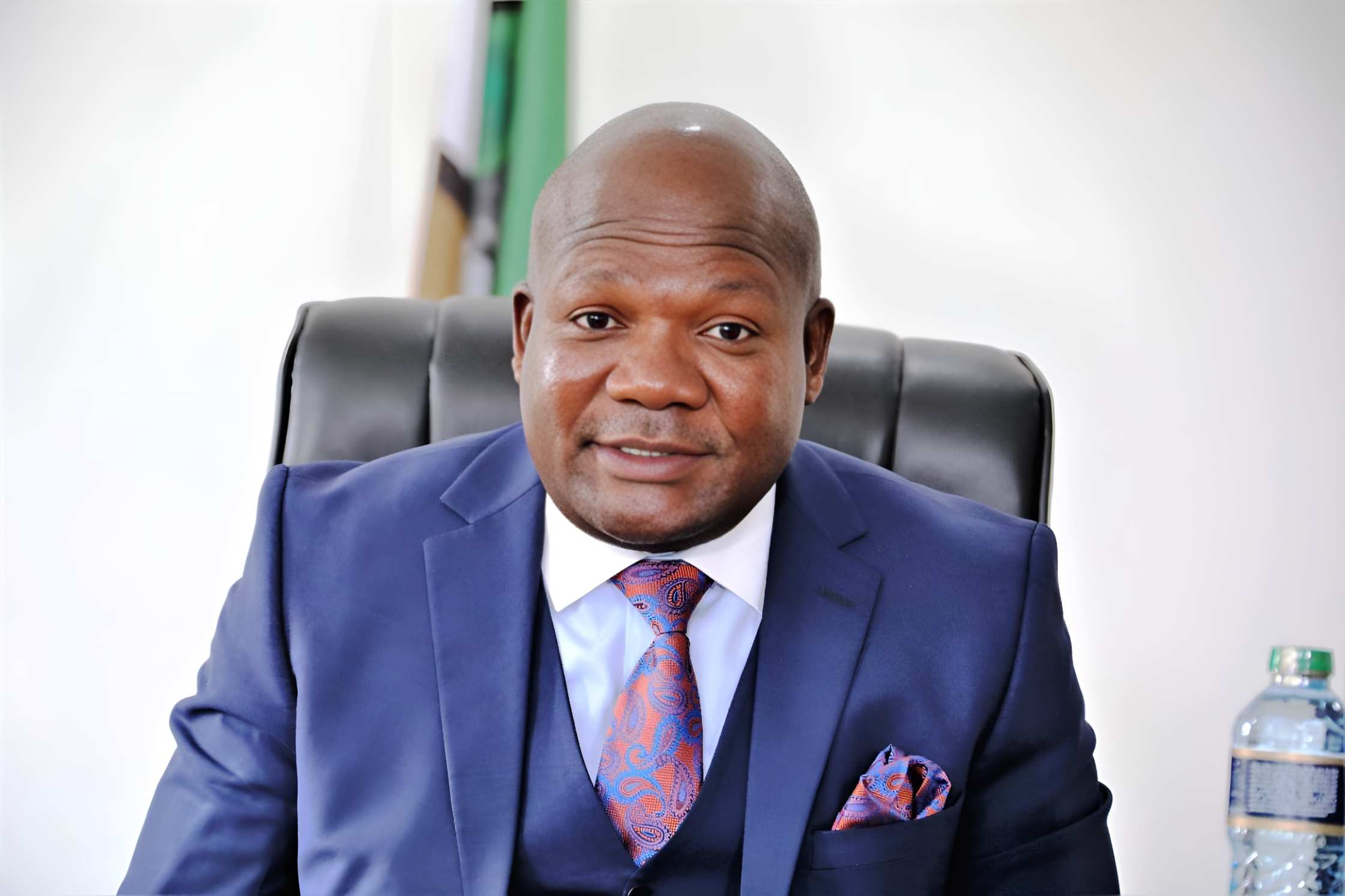A look into Kakamega County’s climate-smart action plan which was unveiled by Governor Ferdinand Barasa on October 1 to address drought, flooding, and lightning. The plan promotes resilient crops, installs lightning arresters in schools, and coordinates efforts across the 14 Lake Region Economic Bloc counties, with Barasa stressing the importance of regional collaboration for effective climate adaptation.
Speaking during a Citizen TV interview at Masinde Muliro University in Kakamega County, Governor Barasa confirmed that Kakamega has set aside 3% of its development budget, around Sh 300 million, for climate mitigation and adaptation measures.
“From the Kakamega County perspective, we have budgeted 3% of the development budget, around 300 million Kenya shillings. This is counterpart funding to support what we are getting from development partners,” Governor Barasa said.
The governor acknowledged the challenges facing Kakamega, including prolonged droughts, flooding, and lightning strikes. He emphasised that these realities have compelled the county to design a clear action plan focused on resilience.
“Kakamega County has a very robust climate-smart action plan meant to augment strategies at the grassroots level,” he said, citing smart agricultural value chains as one of the solutions.
“We encourage our farmers to have climate-smart agricultural value chains which are crop resistant. For example, planting of millets and arrow roots is now part of the mitigation,” he added.
Governor Barasa also highlighted interventions targeting lightning strikes, which have hit schools in the region, particularly in Malava. “Using the funds we have put in the budget, we have done specific interventions by installing lightning arresters in most schools, especially in Malava,” he noted.
The governor stressed that climate action should not be confined to county boundaries but must involve regional cooperation. He pointed to the Lake Region Economic Bloc (LREB), which brings together 14 counties, as the platform for coordinated strategies.
“Looking at the bigger picture, which is part of the conference objective, is to see how the Lake Region Economic Bloc counties will have a coordinated approach to mitigate against the negative impact of climate action,” Governor Barasa said.
He underlined the importance of protecting shared ecosystems, including the Cherangani, Mount Elgon, and Mau water towers, which serve as critical natural resources for the bloc.
Governor Barasa called on all counties to set aside resources for climate action, recommending at least 2% of their budgets. He stressed that Kakamega’s decision to go beyond that threshold demonstrates its seriousness in tackling climate threats.
“Because of the devastating effects of climate action, it makes a very good business case to budget for the money, because food security is extremely important,” he explained.
He further emphasised that sensitisation must begin at the grassroots. “Sensitisation must start from the grassroots in terms of making sure that every ward has climate planning committees, who will come up with specific measures for mitigation, adaptation, and community resilience,” he said.
He also revealed that smart climate-action plan will be at the heart of the Lake Region Climate Conference, set to take place in Kakamega from 14th to 16th October 2025, with President William Ruto expected as chief guest on the 15th.
“We are having this conference which will begin on the 14th of October to 16th of October. Naturally, Kakamega becomes our host and the President will be the Chief guest on the 15th,” he stated.
He further reiterated that both financial commitment and grassroots participation are vital to combating climate change. He welcomed the support of development partners such as the World Bank and other actors, noting that climate change mitigation has become a priority for sustainable development and food security.
“You cannot just sit pretty, otherwise all the agenda items you have, especially for food security and environment, you may not achieve them. That is why mitigation strategies are an aspect that cannot be ignored,” he said.
